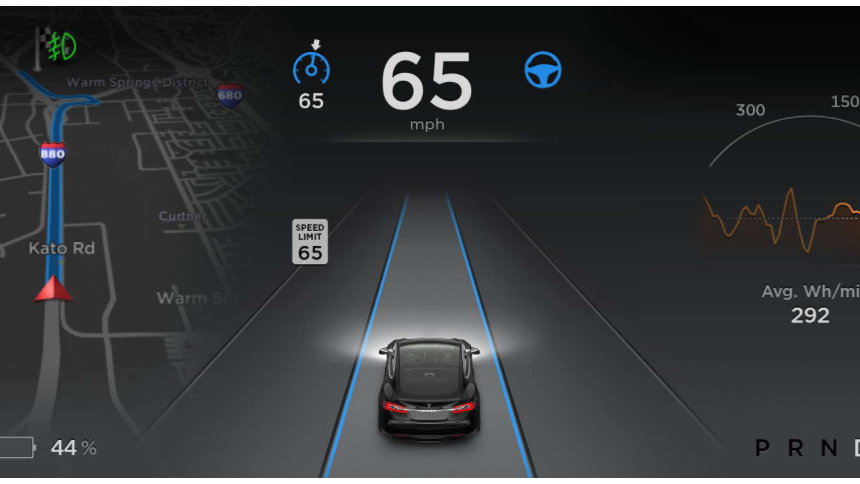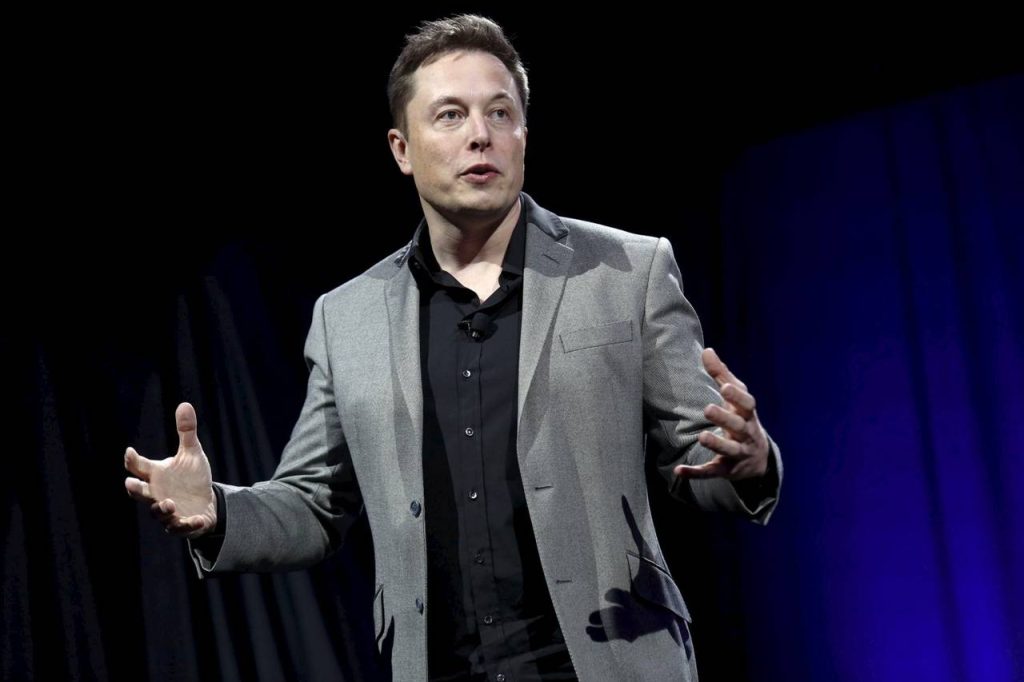In a notable legal development, Tesla and its CEO, Elon Musk, have emerged victorious as a federal judge dismissed a lawsuit that accused them of defrauding shareholders regarding the safety and effectiveness of the company’s Autopilot and Full Self-Driving (FSD) technologies. This ruling underscores the ongoing scrutiny and challenges faced by Tesla in its pursuit of autonomous driving capabilities.
Gov.uscourts.cand.408922.77.0 by ahawkins8223
The Case Overview

The lawsuit, brought forth by a group of plaintiffs, alleged that Musk had made misleading claims about the self-driving features of Tesla vehicles, asserting that these technologies could operate safer than human drivers. However, U.S. District Judge Araceli Martinez-Olguin determined that the plaintiffs failed to provide sufficient evidence to prove that Musk acted with “deliberate recklessness” in his assertions regarding the Autopilot system. The judge categorized many of Musk’s statements as “corporate puffery,” meaning they were exaggerated representations typical in business contexts, rather than fraudulent misrepresentations.
The ruling was significant not only for Tesla but also for the broader landscape of corporate communications and investor relations, especially in technology sectors where forward-looking statements are commonplace. Judge Martinez-Olguin’s decision allows for the possibility of relitigating the case, meaning the plaintiffs could potentially refile with amended claims in the future.
Context of the Dismissal
This dismissal is the latest in a series of legal successes for Tesla concerning its driver-assist technology. In the previous year, the company won two jury trials that involved claims suggesting Autopilot was responsible for vehicular accidents. These victories highlight Tesla’s ongoing battle against legal challenges as it pushes the envelope in automotive innovation.
Despite this recent win, Tesla is not free from ongoing scrutiny. The company is currently under investigation by both the California Attorney General’s office and the U.S. Department of Justice regarding its self-driving technology claims. Additionally, a recall of Autopilot earlier in the year has sparked further investigations into whether the company effectively resolved the underlying issues that prompted the recall.
The Broader Implications for Tesla
This ruling not only reflects the current legal landscape surrounding Tesla but also hints at the complexities and challenges that come with promoting advanced technology. As the automotive industry increasingly moves toward automation, companies are often faced with the fine line between marketing innovation and making misleading claims.
The judge’s characterization of Musk’s statements as puffery indicates a legal recognition that while bold claims can attract investors, they must also be grounded in achievable realities. In this case, the court did not find Musk’s statements to rise to the level of fraud, which could have had more severe implications for Tesla.
Future of Tesla’s Self-Driving Technology
Looking ahead, the legal landscape for Tesla’s self-driving initiatives remains dynamic. On October 10, Musk is anticipated to unveil Tesla’s long-awaited fully autonomous robotaxi, a move that could significantly alter public perception of the company’s self-driving capabilities. This unveiling is set against the backdrop of ongoing investigations and legal challenges, making it a critical moment for the company.
The anticipated robotaxi is emblematic of Tesla’s ambition to reshape urban mobility through advanced automation. However, its success will depend not only on technological innovation but also on navigating the regulatory and legal frameworks that govern autonomous vehicles.
Industry Reactions and Public Sentiment
The dismissal of the lawsuit has drawn mixed reactions from industry experts and the public. Supporters of Tesla argue that this ruling validates the company’s aggressive pursuit of innovation in self-driving technology. Critics, however, caution that the lack of accountability in such high-stakes environments can undermine consumer trust and safety.
As Tesla continues to scale its technology and expand its market presence, maintaining transparency about its capabilities will be crucial. Public confidence in self-driving technology hinges on the perception of safety and reliability, areas that have been under intense scrutiny.
Challenges Ahead
Despite this recent legal victory, Tesla faces an array of challenges that could impact its trajectory. Ongoing investigations into its self-driving claims and the implications of the recent recall represent significant hurdles. Moreover, as competition in the electric and autonomous vehicle space intensifies, Tesla must navigate not only regulatory landscapes but also consumer expectations.
The broader implications of this case extend beyond Tesla itself, as it sets precedents for how companies communicate about future technologies. As the automotive landscape evolves, other manufacturers will likely look to Tesla’s experiences as a framework for managing similar challenges.
Conclusion
The dismissal of the lawsuit against Tesla is a noteworthy moment in the ongoing saga of the company’s ambitions in the autonomous vehicle sector. While this ruling provides a temporary reprieve for Tesla and Musk, the road ahead remains fraught with challenges, including regulatory scrutiny and public perception.
As Tesla gears up for the unveiling of its fully autonomous robotaxi, it must balance its ambitious goals with the need for transparency and accountability. The outcome of this balancing act will be crucial not only for Tesla’s future but also for the evolution of autonomous driving technology as a whole. As the industry moves forward, the lessons learned from this case will undoubtedly shape the future of corporate communications and investor relations in the tech-driven automotive sector.

